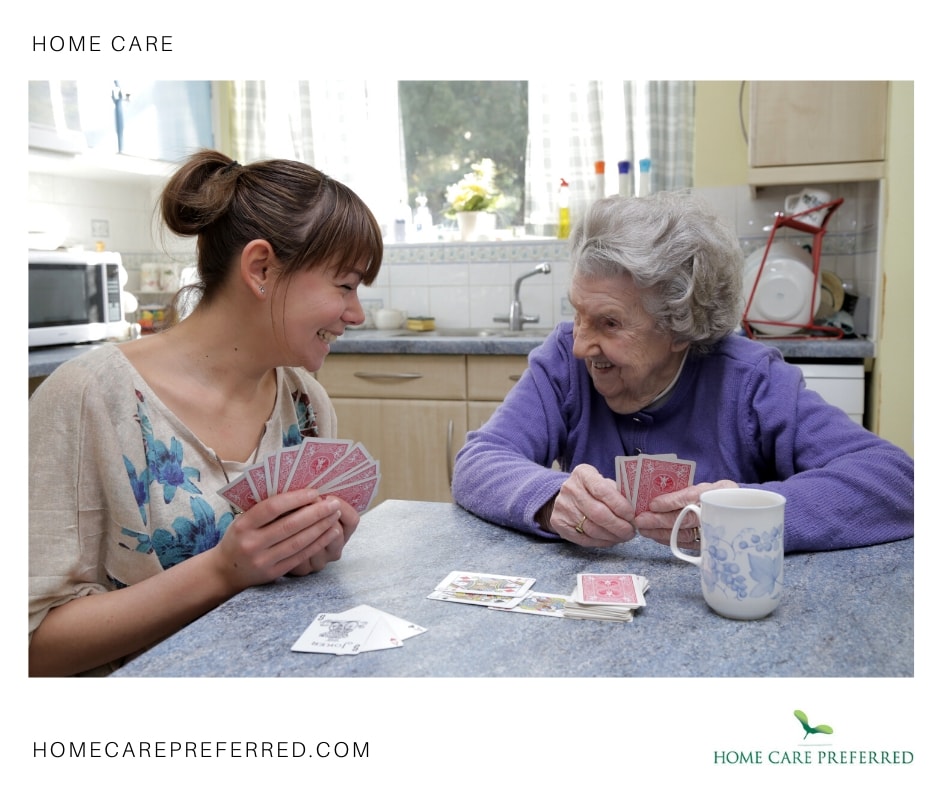
When it comes to ageing, seniors often experience loss of strength and energy. They feel much less inclined to engage in physical activity, regardless if it involves simple things like walking, or doing special exercise. However, according to home care specialists and professionals, seniors need to retain their physical activity. It protects them against cognitive decline and keeps them in good shape.
If you have a loved one and you are struggling with the issue, you can follow some of these recommendations on the matter:
- Go at an easy pace – a lot of seniors don’t do any exercising because they are scared of falling or otherwise hurting themselves in the process. If they are not able to keep up a fast pace, they will be more reluctant to join a local group for gym exercise or something similar along those lines. That is why you should always encourage a slow pace of exercise, to keep them motivated and in good shape. That is a strategy many home care practitioners employ, to keep ageing individuals engaged in physical activity that is right for them.
- Hydration is very important – dehydration is a major issue for many seniors, who simply forget to drink enough water. You should stay on top of the issue and always encourage them, while at the same time limiting sugary beverages. Staying hydrated means better concentration, less feeling of dizziness and disorientation. The result is that the person will feel more willing to do something, instead of just lying down and napping. Always bring bottles of water to your senior loved ones and remind them to drink.
- Make the activity fun – if the physical activity feels like a chore, the senior will be less inclined to engage in it. That is why you should aim to make it more enjoyable. For instance, you can suggest dancing. It is a simple enough pastime, but also a way to engage in physical activity that is helpful for them. Other examples of fun activities include gardening, swimming for seniors and going on walks.
- Encourage healthy eating – physical abilities and the food one eats always go together hand in hand. A senior needs to be on a healthy diet, such as one that includes a good dose of vegetables and fruits. Whole grains, nuts and other energy-boosters will help them retain some energy and be more likely to engage in some form of physical activity.
- Ensure they get sufficient rest – if the senior is overworking and getting tired too much, they will eventually stop doing it, as it is too taxing. Physical activity should feel like something that enhances one’s health, not cause them to feel miserable and tired. That is why it is important to always incorporate sufficient time for rest and recovery into their routine. 30-minute of light exercise per day is good, but there should be enough time for them to rest afterwards.
- Encouragement helps – a positive attitude is required for seniors and for yourself to be able to support them on the quest of getting enough physical activity. The goal is to always shift the agenda towards things that the seniors can do, and away from the things they cannot do. Positive encouragement goes a long way!
When you remember these tips and strategies for a senior one to get more physical exercise, you can bet that they will be able to live a healthier life and be better off in their day-to-day dealings.

 Log in with Facebook
Log in with Facebook 








